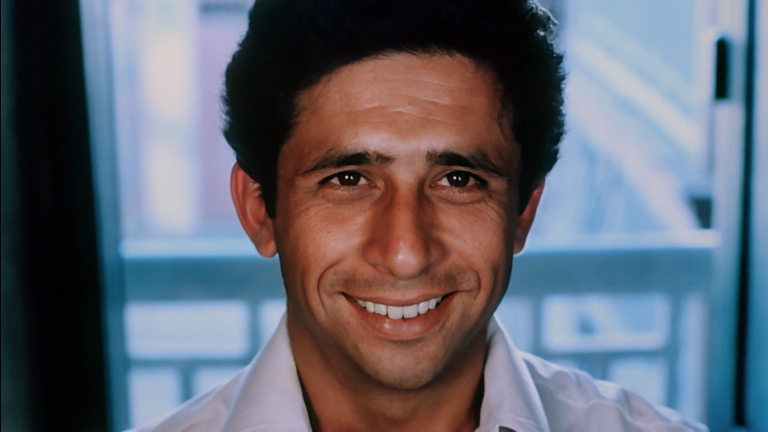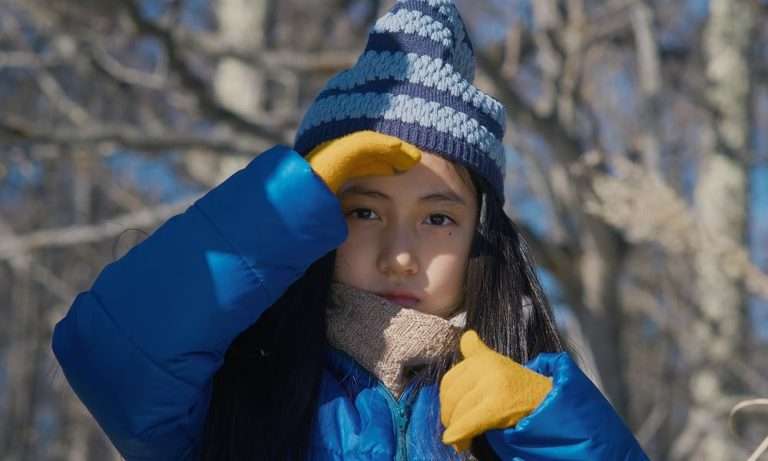Sadhana (Deepti Naval) was a classical singer in her glory days. We learn this after a while in Pushan Kripalani’s Goldfish, but the raagas can be heard from the first frame to the last. However, this film charts a life that has lost its melody. An aging Sadhna has been living all alone in an almost Indian neighborhood in London but when her dementia gets the better of her, she is forced to call her daughter Anamika (Kalki Koechlin) home.
The neighborhood is full of nice, helping hands, but no one can look after another person for the entirety of their day, and dementia is one such curse that Sadhna has succumbed to. When we first meet Anamika, it’s evident that there are cracks in this relationship that are deeper and more broken than the steps that lead to Anamika or Miku’s (as her mother likes to call her) room upstairs.
Some days, it is merrily and chirpy, but on others, there is a sense of familiar and unfamiliar decadence that Anamika has long forgotten or has tried her best to bury inside. The dysfunctionality, of course, pops up pretty soon, and we slowly understand the resentment that these two have for each other.
Not much happens in Kripalani’s COVID set film, except Miku’s dilemma of deciding what she needs to do with her mother now that she is unable to understand if she is the right person to care for her. Moreover, if she has any caring bone left in her body after years of trauma inflicted upon her.

The dilemma also lies within the narrative’s fold as to whether Sadhna’s forgetfulness would lead her to not notice what kind of person she was towards her daughter. And if, this little time she has with her would mend things between them. The idea of taking Sadhna to a care home seems the most reasonable, but how do you make that decision when it’s someone you know so dearly, no matter how bad it was for you?
However, in spite of all these profound and potent underlying feelings, Goldfish has the depth of a fishbowl. These are fantastic actors playing characters that feel like caricatures of the real people they might be based on. I understand the mundanity that comes with depicting a transactional and traumatic bond, but if a film like Still Alice (the 2014 film where Julianne Moore plays a professor suffering from Alzheimer’s) can get you emotionally invested in how you see the people who have deal with it, there’s no reason that Goldish can’t. Kriplani makes the isolation of COVID a topping layer on this narrative, but he is never able to understand or depict it on the screen.
I am sure the film comes from the right place, but when it ends with a seething sequence followed by a rather tranquil one, you are only left with a sense of sadness that a film like this does not end up saying much.




![White Snake [2019]: ‘NYAFF’ Review – A Fable Told with Breathtaking Animation](https://79468c92.delivery.rocketcdn.me/wp-content/uploads/2019/07/White-Snake-highonfilms-768x432.jpg)



